Best banks for digital nomads: 2024 guide
Living the digital nomad life? Learn all about the best banks and alternatives to sort your finance on the go.

Amanda Machado is a writer who has traveled the world, spending much of that time living nomadically. The daughter of immigrants to the US, her travels have taken her around the world on a quest to explore identity and cultural heritage. Her work has been published in The Atlantic, Vox, Quartz, and Matador Network.
In 2016, I remember watching Michelle Obama’s speech at the Democratic National Convention where she said about the US “This right now is the greatest country on Earth.”
It was a comment I had heard many times in my life, not only in political speeches, but also by history teachers at school or parents of friends.
Growing up in the United States, the idea of the US as “the greatest country on Earth” seemed less like an opinion and more like an obvious fact.
Our school curriculums over-celebrated U.S. success (or, at very least, the success of Western civilizations), while downplaying our many mistakes. We very rarely learned about how U.S. political decisions may have affected other countries negatively.
With only this limited history of the world, I naturally assumed there was no country “better”.
Opening my eyes through travel.
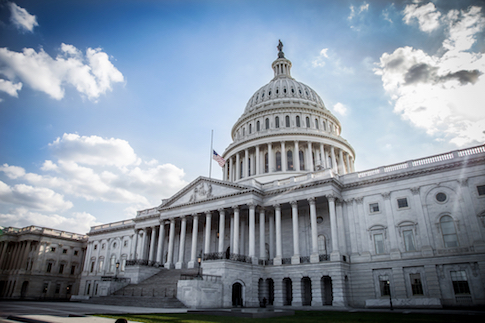
Yet once I began traveling and having conversations with people abroad, it became clear that not everyone agreed.
Through traveling, instead of hearing only stories of U.S. greatness, I learned more about the many areas in which we’re behind: the United States is one of only three countries to not offer paid maternal leave for its citizens (Suriname and Papua New Guinea are the other two).
We are the only advanced economy to not make paid vacation mandatory. Out of all developed nations, we have the highest teen pregnancy rate.
When it comes to gender representation in national government, the United States falls behind countries like Cuba, Nicaragua, Senegal, South Africa, Ecuador, Costa Rica and Mozambique. We have lower voter turnout than countries like Iran, the Central African Republic, Chad, Namibia, Yemen, and dozens of others. And the only country in the world that incarcerates a higher percentage of its population than the US is North Korea.
Differing perceptions from around the world.
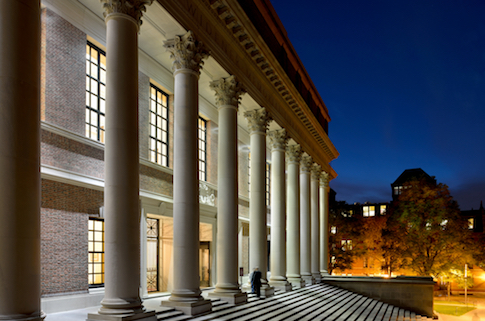
After traveling, I also realized that few people perceived the US as the heroic helpers my U.S. education had portrayed ourselves to be.
Many instead saw us as a country that meddles too much in everybody’s business. When I traveled in Europe after the US began the war in Iraq, most people I spoke with criticized our military response.
When I traveled throughout Latin America, referring to the US as “imperialist” in conversations seemed commonplace. When I traveled to Cuba, I heard many stories of resentment towards U.S. foreign policy interventions that had ultimately killed members of their family.
Before traveling, I also assumed everyone around the world wanted some version of the American Dream, and shared my U.S. definition of what makes a country actually “great”: access to prestigious universities, opportunities to advance your career, the financial resources to buy things that make you live comfortably.
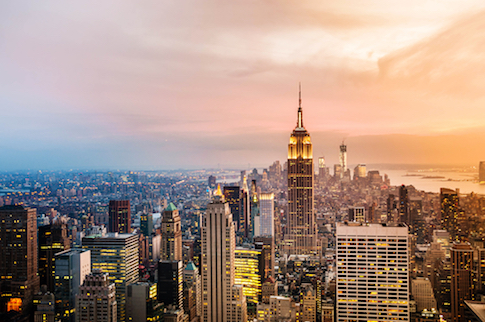
But as I wrote in a previous article for The Atlantic, many people I met while traveling had different priorities.
In Peru, I met a man who turned down a job in the US even though it offered more money. He told me:
“The social part of life is better here in Peru...My quality of life is what matters most.”
Others would point out the dismal statistics for depression and anxiety in the US. To them, sacrificing the emotional parts of their lives for more financial and professional opportunity didn’t seem worth it.
As Rick Steves, the popular travel guidebook writer and television host, said in an interview with Salon:
“It’s a very powerful Eureka! moment when you’re traveling: to realize that people don’t have the American dream. They’ve got their own dream. And that’s not a bad thing. That’s a good thing.”
At a time after the US president won a campaign based on making America “great again,” I’m now more critical of our obsession with believing we were so great in the first place. It seems far more beneficial instead to rethink our own definitions of what makes a country great, and get curious about how other countries have defined it for themselves.
Wise is the cheaper way to send money between countries.
Try by signing up for free here. Or try our Borderless account, which makes managing money in different currencies cheaper and easier than ever.
*Please see terms of use and product availability for your region or visit Wise fees and pricing for the most up to date pricing and fee information.
This publication is provided for general information purposes and does not constitute legal, tax or other professional advice from Wise Payments Limited or its subsidiaries and its affiliates, and it is not intended as a substitute for obtaining advice from a financial advisor or any other professional.
We make no representations, warranties or guarantees, whether expressed or implied, that the content in the publication is accurate, complete or up to date.
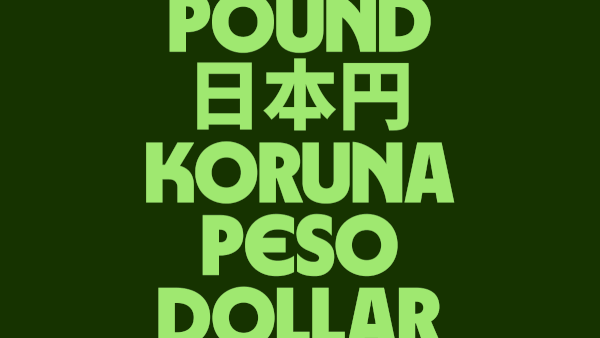
Living the digital nomad life? Learn all about the best banks and alternatives to sort your finance on the go.
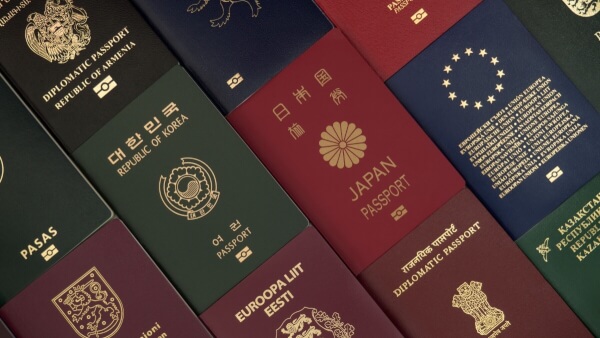
Discover the easiest countries to get citizenship in 2024. From investment options to simplified naturalization processes, find out where you can become a citiz
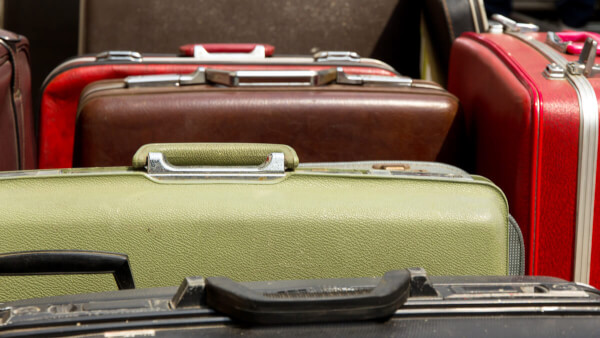
Wondering about the cost to move overseas? We'll dive into all the factors affecting international relocation costs, so you can plan your move with confidence.
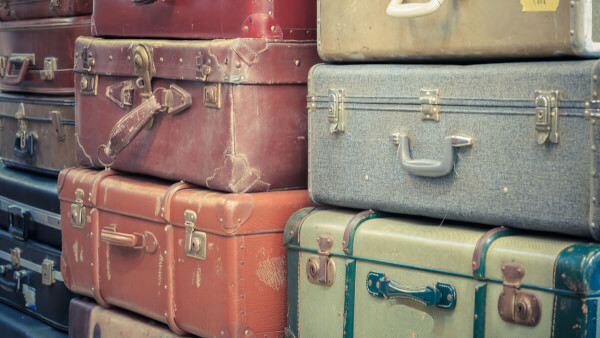
Need to move your belongings overseas without breaking the bank? Explore the best and most economical methods for shipping your stuff internationally with our c

Need to relocate your furry friend overseas? Our comprehensive guide to pet relocation offers tips, costs, and everything you need to ensure a safe journey for
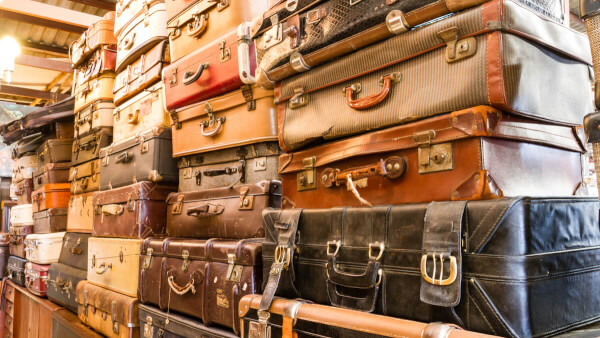
Planning a move overseas? Our guide helps you navigate the process of selecting the best international movers to ensure a smooth, worry-free transition to your